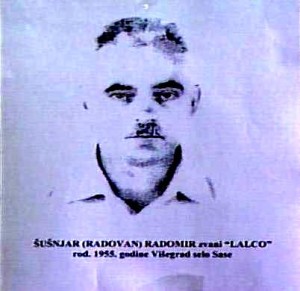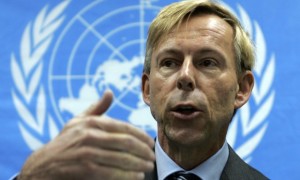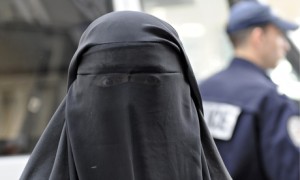By Rishi Gulati*
[The author has had no involvement in the cases mentioned below; this entry should not be construed as legal advice in any way or form whatsoever]
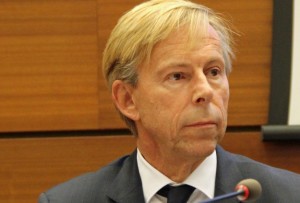
Anders Kompass, the director of field operations for the Office of the High Commissioner for Human Rights
In a recent article in the Guardian, it was disclosed that French authorities thanked a senior UN official, Mr Anders Kompass for disclosing sexual abuse by French troops. That article says in part:
Sources close to the case say Kompass, director of field operations for the Office of the High Commissioner for Human Rights (OHCHR) in Geneva, disclosed the report to the French because of the UNs failure to act quickly to stop the abuse identified in its own internal report.
Hinting that the allegations represented just a fraction of what had taken place, a UN spokesman said on Friday: It is possible, its horribly possible that more allegations of sexual abuse of children by French and other soldiers in the Central African Republic could come to light.
The same report says that: The official, Anders Kompass, has been suspended by the UN and faces dismissal for what the organisation says is a breach of protocols in releasing a confidential internal UN document. I will return to the Kompass case shortly. But before that, some points on the UN whistleblower protection system, or the lack of it.
Problems facing whistleblower protection at the UN
The internal rules of the UN contain several layers, one of these layers is known as the Secretary-General Bulletins. These possess binding force. Under the Secretary-Generals Bulletin on protection against retaliation (ST/SGB/2005/21) the UN Ethics Office protects staff from being punished for reporting misconduct or for cooperating with an official audit or investigation - commonly known as “whistleblower protection.”
But are whistleblowers rights at the UN actually protected? There are some very disturbing findings. Continue reading →
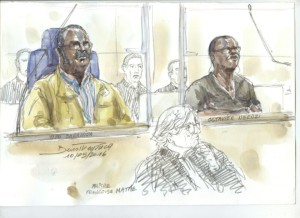 Yesterday, a Paris court convicted to life imprisonment two former Rwandan mayors for crimes against humanity and genocide over killing of 2,000 people.
Yesterday, a Paris court convicted to life imprisonment two former Rwandan mayors for crimes against humanity and genocide over killing of 2,000 people.
